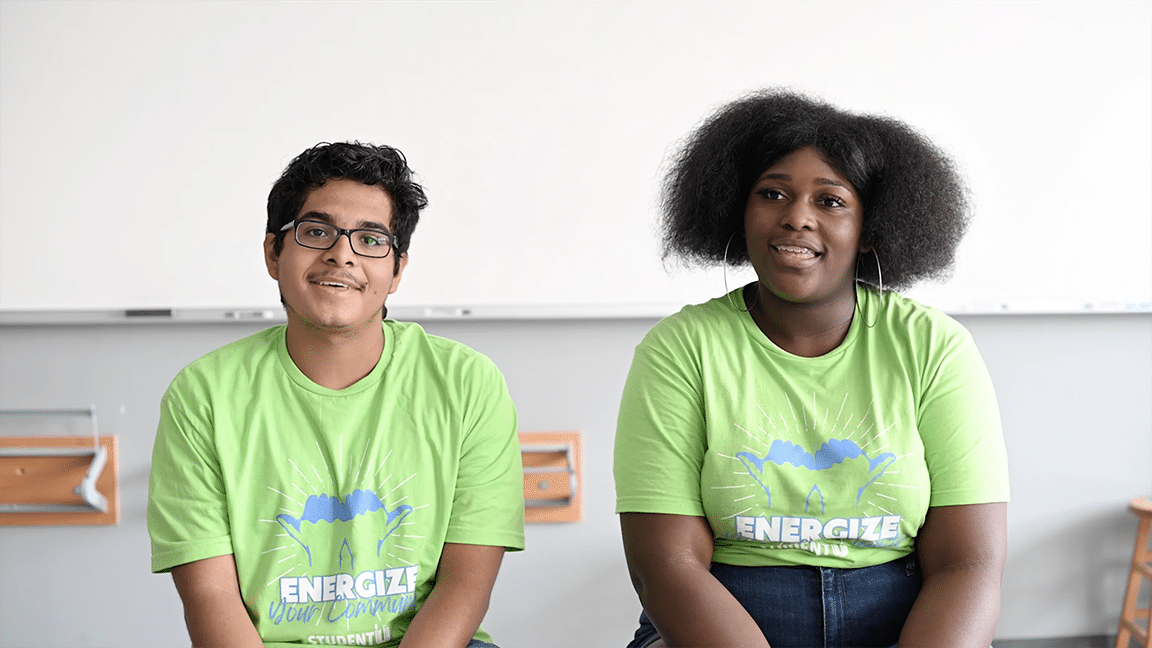
Written by Student U’s Executive Director, Michelle Price
When Reverend Dr. Martin Luther King, Jr. was assassinated, my parents were expecting me, their first child. It blows my mind to think that I was profoundly linked to my mother and depended upon her for nourishment and safety while she processed the trauma and sadness of Dr. King’s tragic death. Maybe this is one of the reasons that I have such a deep passion for advocacy and justice.
I’ve asked my parents how they felt as young parents-to-be processing such a monumental, tragic, and history-changing event while simultaneously preparing to have a baby. It must have been frightening at best to be preparing to parent a child in a world where people were assassinated for wanting to be treated equally and have access to resources and treatment promised in our U.S. Constitution.
Both of my parents admitted that it was a difficult and scary time. One thing my father shared has stayed with me. He said, “I never wanted to pour that hate into you all.” By you all, he meant my two sisters and me. I pondered that statement and thought about what type of self-control my father had to maintain to avoid “pouring hate” into us. My parents went to segregated schools from elementary through high school graduation, so they were very familiar with the racial inequities that were the law of the land at that time. He shared that while he was a student at Alamance Community College, he was called the “n” word more times than he could count. He said that he would ignore it and focus on what he needed to do. Isn’t that sad? My father was a student who just wanted to get an education, learn a trade, get a job, and take care of his family. Unfortunately, this is the story of too many Black and Brown people and members of marginalized populations.
Although I never really asked my parents about their dreams, I know from how they raised us what was important to them. They sent each of us to a private kindergarten in Mebane, NC, when attending kindergarten was not required. When I started kindergarten in 1973, my class was “diverse.” There were mostly White students in the class, but there were also a few Black students. Our home was not perfect, but I appreciate that my father passed on to us his love of reading, history and his strong work ethic – among other things. He also managed not to pour hate into us. I realize that this may have been one of his many “dreams” for his daughters, to live without hate in our hearts.
I believe that one of the main reasons Dr. King’s dream has resonated with so many, and for so many years, is that his dream and actions matched. His dream may have started with him, and he may not have been the only one who had “the dream,” but not only did he act upon it, he invited others to do the same. In my humble opinion, Dr. King’s dream became a vision. I like to think of a vision as a dream with marching orders. A dream with no action attached is not likely to come true. Do you have a dream for yourself, your children, and your community? Does it scare you? Does it require you to do things that are outside of your comfort zone?
Why is there a need to attach the concept of fearlessness to a dream? Perhaps it is because dreams are often unrealistic, at least at first. Perhaps it is because of many people’s current circumstances or previous experiences that make them afraid to dream in the first place. We have to wrestle with the idea that others may not understand our dreams, discourage us from having them, ridicule them, or be threatened because our dreams require more of us (and maybe them) than we are prepared to give.
What would life be like without dreamers? I would hate to think about a life without those who push us to dream of a more hopeful, loving, and giving world and a world where each individual has the opportunity for “life, health, and the pursuit of happiness.”
I dare you to dream. And if fear overtakes you, do not despair. Most of us who have had the opportunity to live out our dreams have had to face fear head-on and involve others. So instead, face the fear of dreaming and the fear of your dream by marching confidently in the direction of your dreams. When you give your dreams marching orders, turning them into a “vision,” they are much more likely to be realized.










